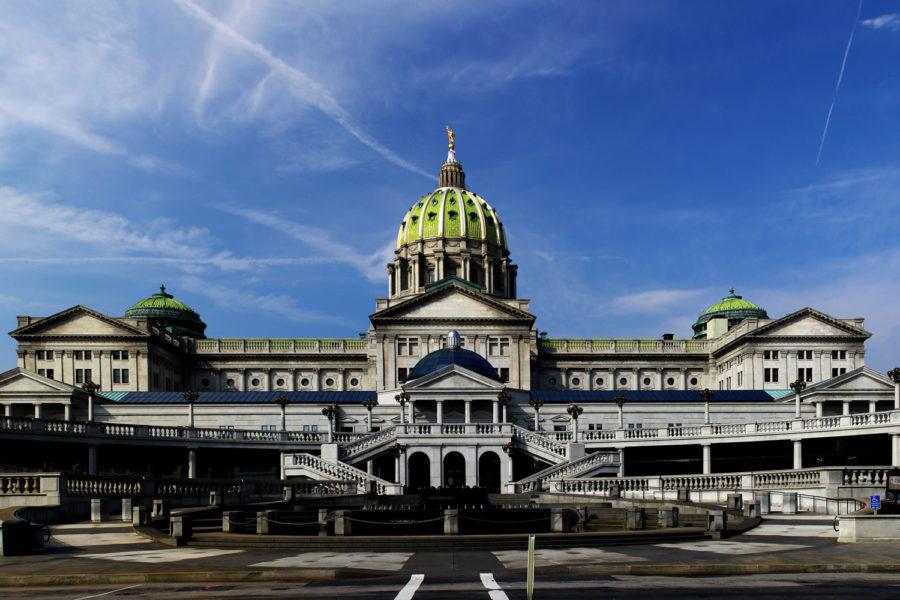The first full school year under new Secretary of Education Betsy DeVos is well underway and, in a bill passed last week, Pennsylvania’s state legislators are mirroring the federal administration’s school policy.
House Bill 178 is this year’s iteration of the state’s annual list of proposed changes to the Pennsylvania public school code. Passing the state House of Representatives last Wednesday, the legislation deals with issues in several areas of education policy, including standardized examinations, charter school governance and teacher evaluations.
Given that it covers so many individual policies, it’s hard to say whether the bill would do more harm than good as law. Because of this mix, Democratic Gov. Tom Wolf has yet to make up his mind whether or not he’ll sign the bill if it arrives on his desk, Wolf spokesperson J.J. Abbott told the Pittsburgh Tribune-Review last Wednesday.
But in one area, the bill too closely resembles the dangerous rhetoric and proposals coming out of the DeVos Education Department — “school choice” and the level of funding for private schools versus public schools.
In a stunning magnitude of funding disparity, HB 178 proposes to increase funding for tuition subsidies at private schools in the state to a grand total of $135 million over the next school year. At the same time, the bill would appropriate an extra $500,000 to use for public school districts facing severe budget shortfalls. However, that increase would only result in a total supply of $5 million for struggling public schools — less than four percent of the funding sent toward Pennsylvania’s private schools.
Private schools undeniably provide a benefit to the general public. And it’s important that needs-based students receiving the scholarships funded by HB 178 have access to that aid. But the sheer level of disparity between the degrees of extra funding for the state’s private schools and its own school system — which is facing serious financial worries in all corners of the state — is questionable.
According to research published in March from the Brookings Institute, more than 30 percent of rural Americans have no access to a private school within 10 miles of their homes — a figure closer to four percent for families in urban areas. While private schools as they operate today might be a viable choice for Pennsylvanians living in and around Pittsburgh and Philadelphia, the proposal from the state House as it passed last week ignores the needs of the state’s significant rural population.
The House’s education bill as it was passed last week heads to the state Senate this week for debate. Senators from both urban and rural, predominantly Republican, areas should work together to ensure that Pennsylvania’s rural residents aren’t deprived of the opportunities associated with well-funded education.
If they choose not to, Republicans are simply parroting the ideology in Washington, D.C. — and ignoring their constituents’ needs.



